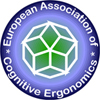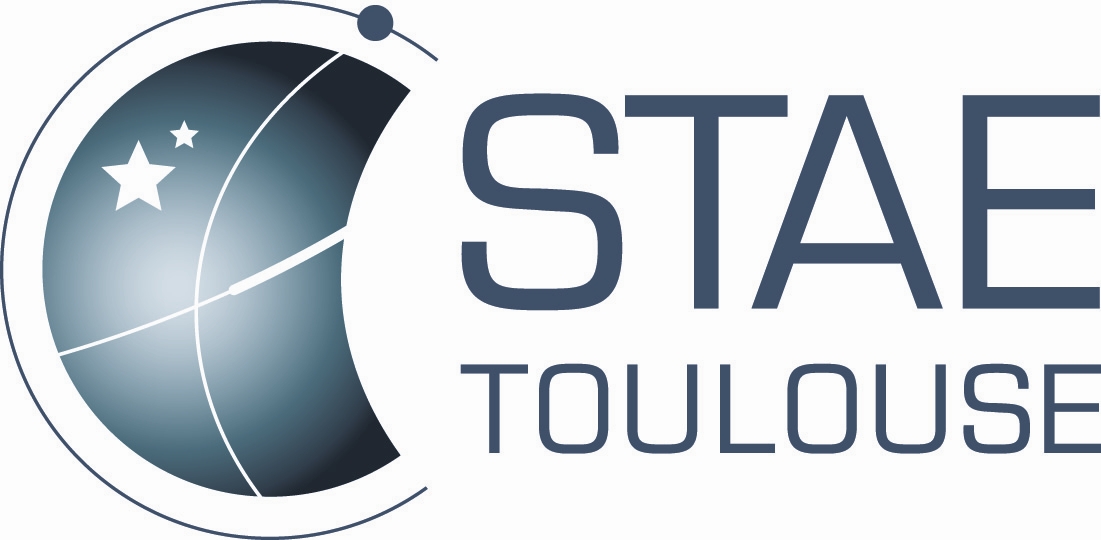Keynote speakers
Michael Kalbow
Head of Maintenance Training, Airbus
Professor Claire O'Malley
Faculty of Science, University of Nottingham
Abstracts
Michael Kalbow - Does Airbus Training cope with the evolution of the new aircraft generation?
Many frame conditions are changing in the aviation industry. Beside the general impression, that training & learning is changing from well-known and still frequently applied classroom training to mobile, distributed, individualized and collaborative (e-) learning in communities, also the technology of new aircraft types like A380 and A350 provide challenges to today’s training and learning management in aviation.
The keynote will reflect briefly the evolution of training in aviation, from chalk & talk to e-learning and Virtual reality. By doing this, the current and future challenges for designing training concepts, material and devices will be discussed, moving the human stakeholders – instructor and trainee – into the centre of the discussion. Especially the specific requirements for training in aviation will be highlighted – as the aviation training is recognised of being one of the most important subjects to ensure highest safety in flight and maintenance operations.
Claire O'Malley - Design considerations for tangible and embodied learning
Recent developments in tangible and mobile technologies, including touch screens, sensors embedded in smartphones or other wearable devices, and so on, create potentially very interesting opportunities for forms of learning that combine sensorimotor representations arising from first person physical activity, with visual and auditory digital representations. When such technologies are embedded in social situations, they also create interesting representational topologies in which some of the user/learner’s actions are observable by others but not necessarily the consequences of their activities in terms of digital representations. So, the shareability of learners’ actions and their consequences with peers in collaborative learning contexts is constrained by some of the physical design features of these devices, and what is an advantage for an individual learner (small, personal, portable) can produce tradeoffs in terms of opportunities for communication and group learning.
In this talk I will present an analysis of some of these design constraints in terms of what they might afford for pedagogical design of embodied collaborative learning activities in young children, drawing upon a number of examples from my own and others’ work. The analysis will also draw upon a number of theoretical approaches, including distributed cognition, physical distributed learning, embodied cognition and learning, and recent theories in HCI concerning so-called spectator interfaces.
Contact us at André Tricot
European Conference on Cognitive Ergonomics, ECCE 2013, Toulouse, Université Toulouse 2 - Le Mirail, 26-28 August 2013




